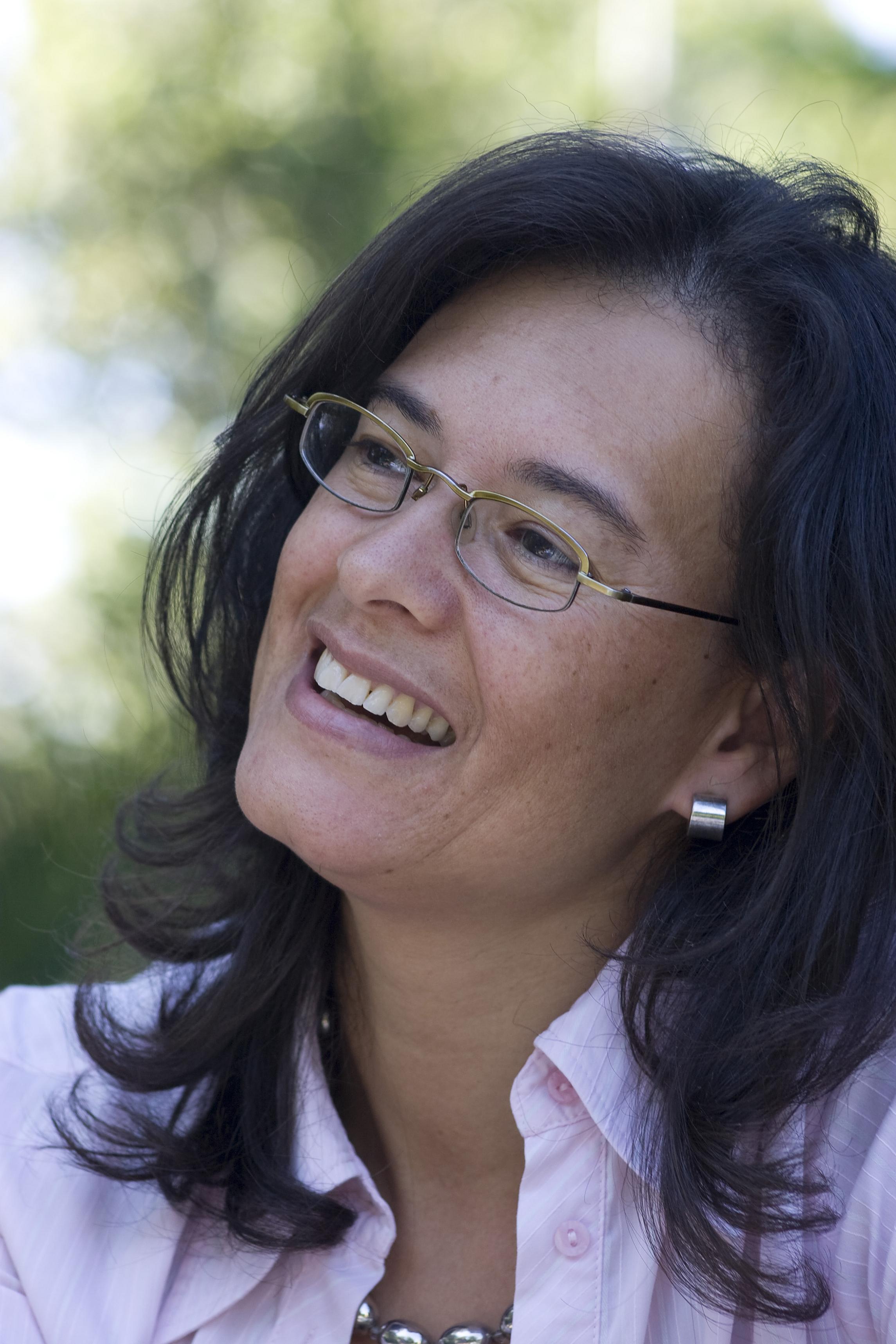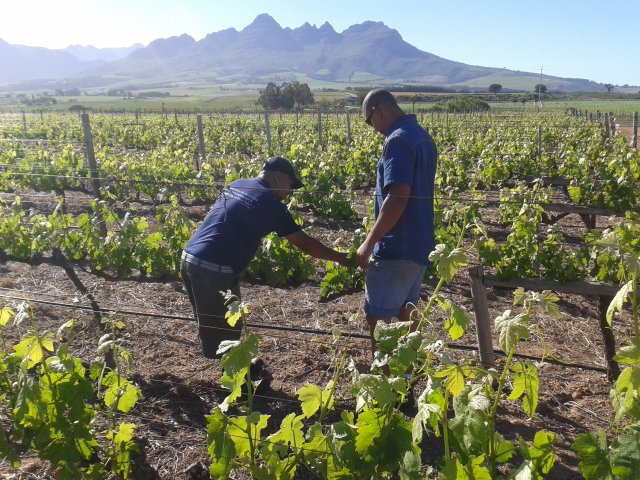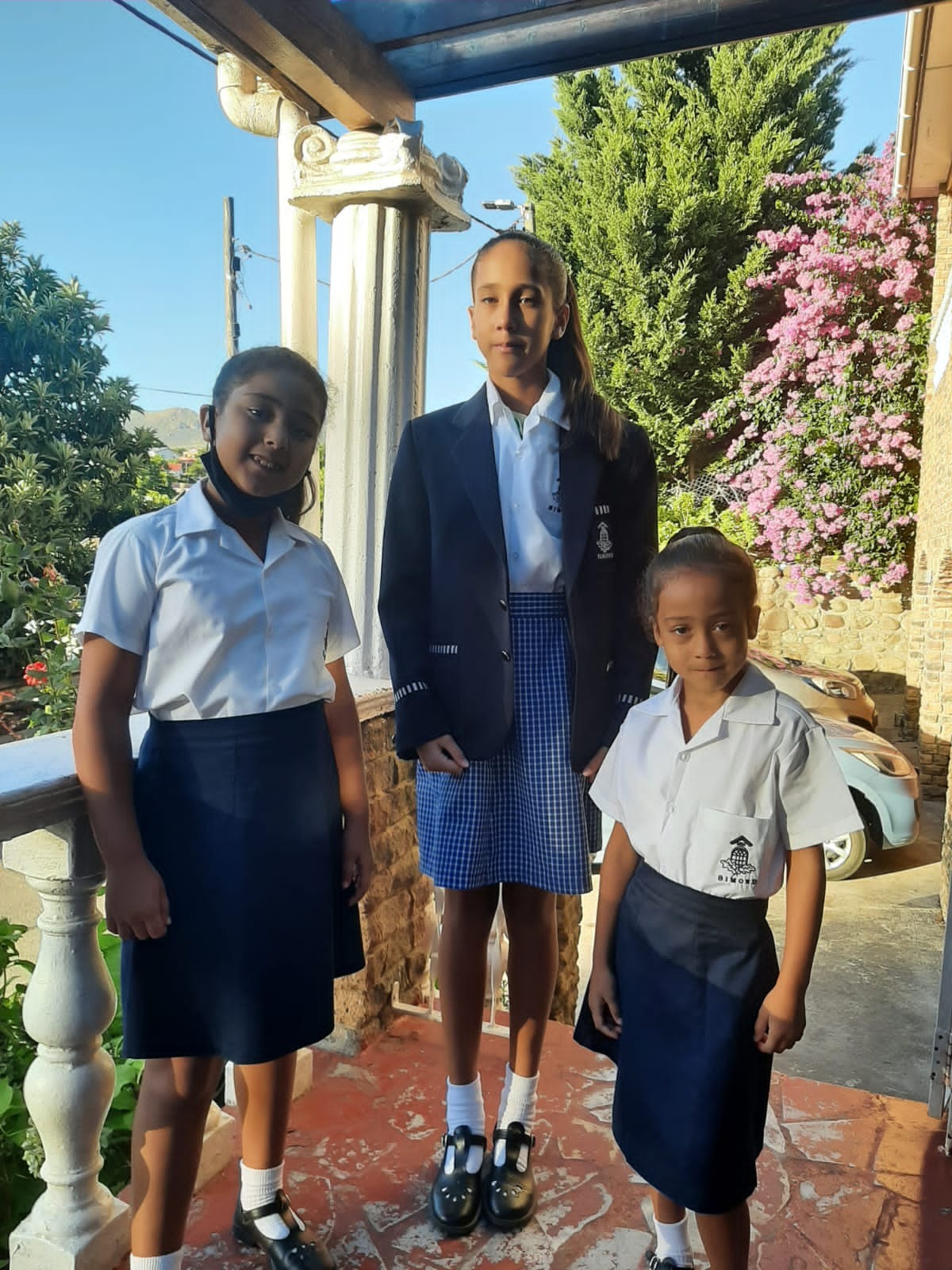The Legacy of the Land of Hope
In South Africa, in 2021, 13.4% of female learners dropped out of school due to family commitments and 5% of male learners reported dropping out because they had no interest in education.
According to Statistics South Africa (STATS SA), the school dropout rate raises concerns because students who drop out prematurely likely experience a lack of access to higher education, fewer job opportunities and lower wages than their peers who finished their schooling.
There have been several programmes initiated by stakeholders in the South African wine industry that have been geared towards facilitating and promoting education and keeping learners in school.
One such winery, Radford Dale, suggests that although they are not rebels, they intend to have a cause.
In 2007, Radford Dale set up the Land of Hope educational trust to benefit the dependents of for its Previously Disadvantaged Individual (PDI) employees, in cognisance of the injustice of South Africa’s unjust past.
Profits from sales of the Land of Hope wines go directly into the Trust which enable PDI employees of Radford Dale to fund the education of their children and dependents.
Heather Whitman is the Operations Director at Radford Dale, as well as one of the founding trustees of the Land of Hope Trust and, one of its initial beneficiaries.
Heather says: “Land of Hope is a nod to the Cape of Good Hope and the optimism and hope we have in South Africa. Education is at the core of driving long-term social upliftment and whilst we are a small team and business, we want to do our part.”
According to Heather, after two years of employment at Radford Dale any PDI employee becomes a beneficiary of the Trust. She expands: “Beneficiaries hand in a wish list for their children, or dependents, regarding educational needs and this is discussed and approved at Trustee meetings.”

While the choice of school is determined by the parent or guardian, the Land of Hope Trust endeavours to place learners in private or semi-private schools of preference, rather than the options they were previously limited to historically.
Three of Heather’s dependents have benefitted from the trust. Using her daughter as an example she explains: “I researched various top schools in the Western Cape and selected Somerset College for my daughter, before submitting my request to the Trust. She has been there for 10 years now and this school has shaped her life.
John Platter serves as the non-executive Chairman of the trust, alongside his parallel-storied history as the founder of one of South Africa’s most widely read wine publications, The Platter Guide.
“We feel our contribution to society in general must include a keen awareness of social responsibility while also supporting the parents, our Land of Hope team, in educating their kids,” John expands.
“Consumers cannot be ‘bullied’ into buying wines. The marketplace is a free-choice arena. However, wine producers can and should explain and tout the merits of a wine produced while observing ethical and moral practices. More than any other drink, wine, in moderation, has been an uplifting social habit for more than six millennia. Land of Hope is aware that its wines should reflect this legacy with warmth and generosity,” John explains. Integral to the success of the project, the wines serve as a conduit to this noble goal.
“The core DNA is in line with the wines of Radford Dale in seeking out unique and exciting vineyard parcels to vinify back at the winery HQ. We started with the Land of Hope Reserve Chenin Blanc and Land of Hope Reserve Cabernet Sauvignon and added the Land of Hope Reserve Pinot Noir a few years later. Quality has always been at the core of this project, along with pride in the project’s wines and in the Trust’s support,” Heather says.
Sustainability at Radford Dale intends to fulfil the parameters that reach social upliftment, ethics and environmental sustainability.
“Since 1998, we have set about the Cape’s vineyards in search of sustainably farmed and epic vineyards for our chosen varietals. Radford Dale are early champions of maritime influenced Stellenbosch Chenin Blanc and Chardonnay, Elgin Pinot Noir and modern day Swartland reds. We only work with WIETA accredited growers, and we are WIETA and IPW accredited,” Heather explains.

Alongside those efforts, Heather explains that the team endeavours to produce authentic wines through low intervention techniques.
“Over the years we have sourced organic grapes and created a separate experimental cellar on the Stellenbosch property in order to produce our first organically certified wines, the Radford Dale organic Chenin Blanc 2020. Organic farming in South Africa is way behind our peers in France or Australia, for example, and we see the farming practices as a core feature within our ethics and environment programme. When the opportunity came to purchase our own organic vineyards and winery in Elgin, we had to make it happen,” Heather says.
In 2021, Elgin Ridge Wines was acquired by Radford Dale and these 20 hectares of prime viticultural land became home to Radford Dale Organic Estate.
John Platter says: “sustainability in all its inter-related aspects has certainly loomed increasingly important since 2007. Alex Dale, the founder, and familiar with international trends and best practice, has been abreast of every facet of the wine business since he arrived in South Africa some 30 years ago and decided to settle after the 1994 transition. Team spirit is a vital component of sustainability in general.”
With people and the planet in balance and focus, Land of Hope Wines intends to deliver a product that ultimately makes a tangible difference to the lives of the team members who are directly involved, and to the future of their children.
For Heather, these wines inspire hope.
“Through this project the next generation will be equipped to dream big, follow their heart and make an impact in this country and in this world,” Heather says.

- Blog by Tshepang Molisana